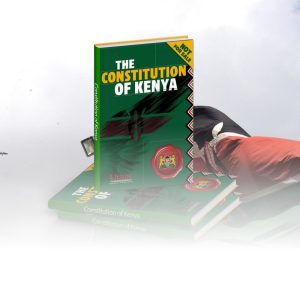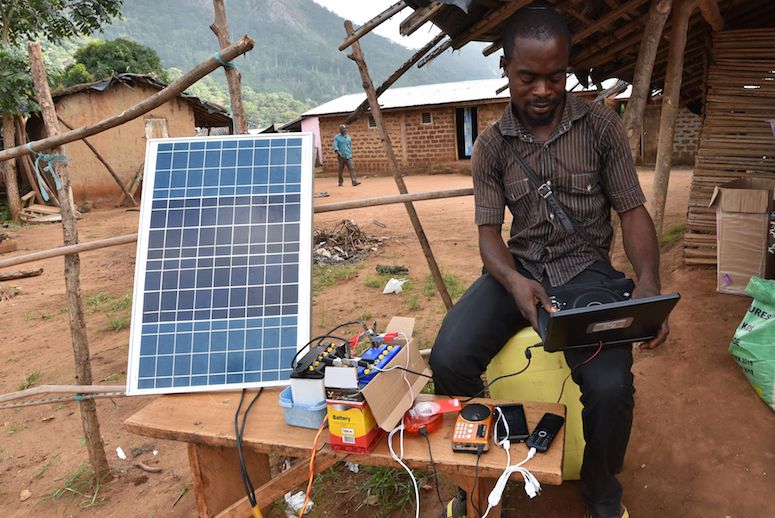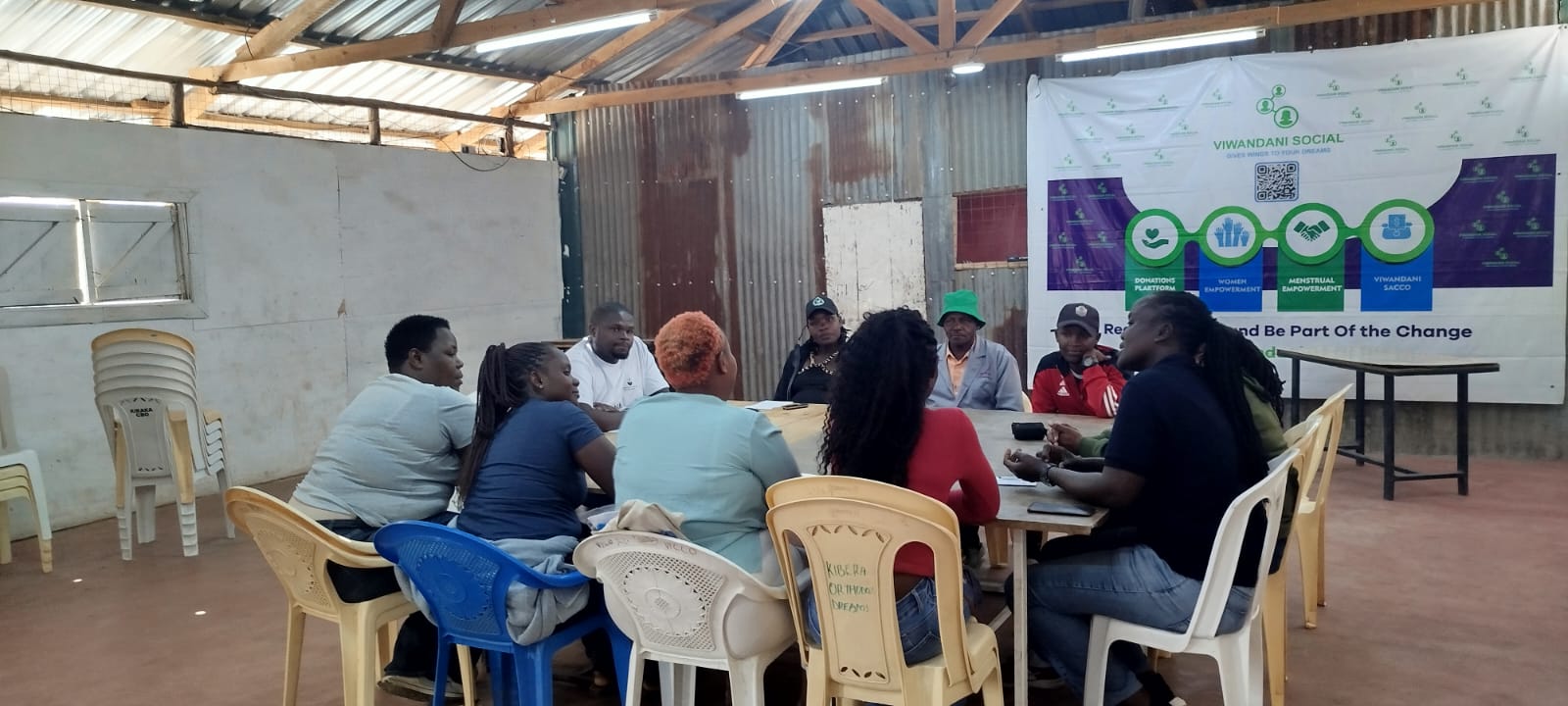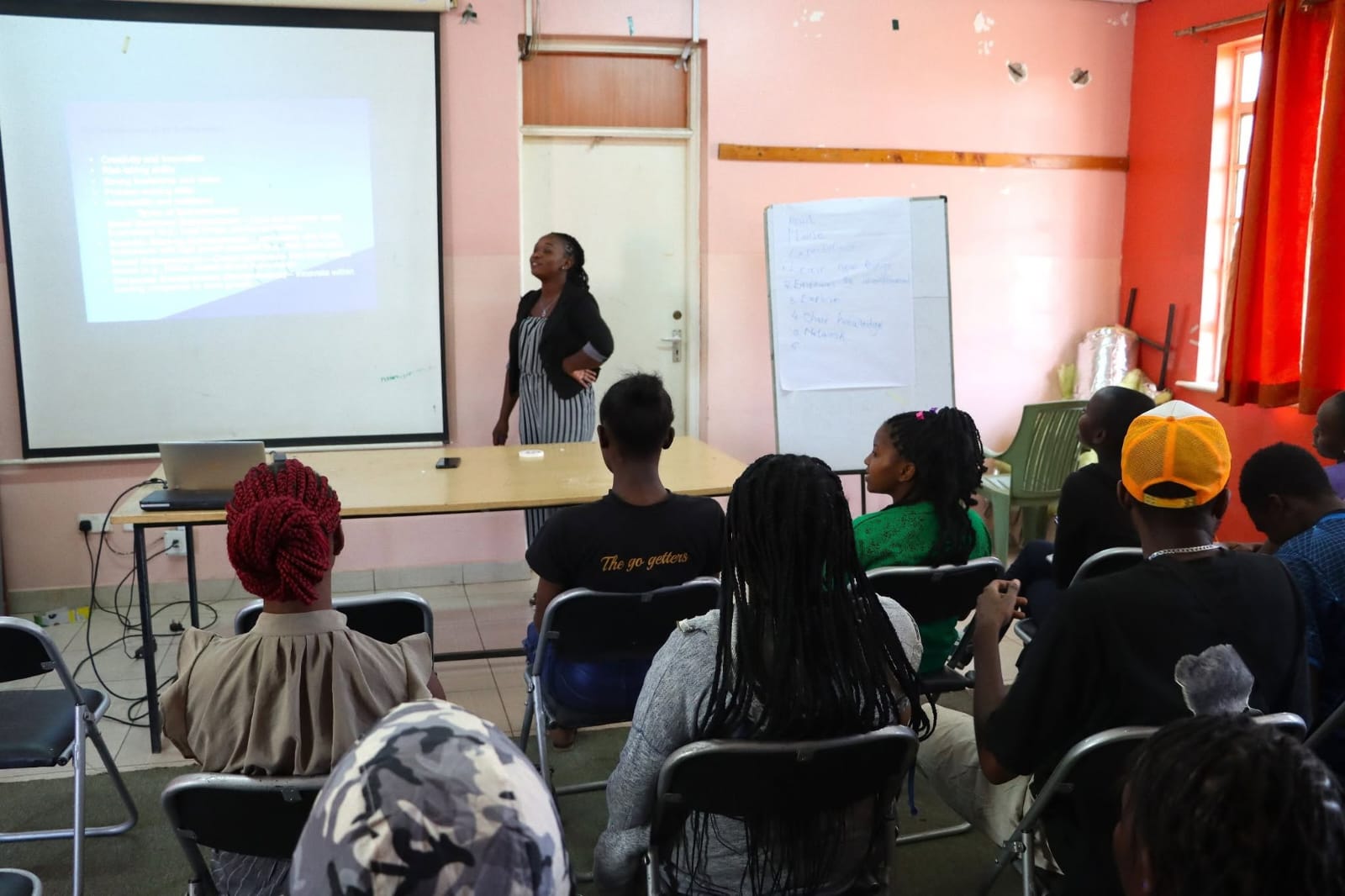FALSE: Photo does not show the drought situation in Embolioi, Kajiado County, in October 2022
The promulgation of the Constitution of Kenya, 2010 marked a historic and transformative moment in our nation’s journey toward democracy, justice, and inclusivity. It represented the collective will of the Kenyan people who longed for a society founded on equality, accountability, and respect for human dignity. After decades of struggle, sacrifice, and calls for reform, this supreme law gave birth to a renewed vision of governance one that places the people at the center of power and decision-making.
For the first time in Kenya’s history, the Constitution enshrined a comprehensive Bill of Rights that affirms the inherent dignity of every individual. It guarantees the fundamental freedoms of expression, association, religion, and movement, ensuring that no one is discriminated against on the basis of gender, ethnicity, disability, or social status. These human rights principles have become the cornerstone of our democracy, promoting respect, inclusion, and equal opportunity for all citizens.
Through its robust human rights framework, the Constitution also seeks to protect the most vulnerable members of society. It emphasizes the rights of women, children, persons with disabilities, and marginalized communities groups that had long been silenced or left behind. By embedding equality and affirmative action into law, the Constitution provides a legal pathway for their empowerment, participation, and protection from exploitation or abuse.
The 2010 Constitution also redefined governance through the introduction of devolution a system that brought leadership closer to the people. By creating county governments, it ensured that development and resources are distributed equitably across all regions. This shift has strengthened community participation, accountability, and transparency in public service delivery, allowing citizens to shape the decisions that directly impact their lives.
In the realm of justice, the Constitution laid a firm foundation for the rule of law and judicial independence. It established institutions that safeguard fairness and impartiality, giving every Kenyan confidence that justice can be sought and achieved without fear or favor. The creation of independent commissions and offices such as the Judiciary, the Kenya National Human Rights Commission, and the Commission on Administrative Justice reinforced the commitment to uphold integrity, fairness, and respect for rights.
Furthermore, the Constitution recognized the importance of economic and social rights as an integral part of human dignity. Every Kenyan now has the right to education, health, housing, clean water, and social security. These provisions embody the spirit of shared prosperity and emphasize that true freedom is not merely political but also economic and social. They remind us that development must leave no one behind.
The principles of national unity and diversity were also deeply embedded in the new constitutional order. It celebrates Kenya’s rich cultural heritage while urging mutual respect and peaceful coexistence among all communities. By recognizing Swahili and English as national languages and valuing indigenous languages, the Constitution fosters inclusion and strengthens our shared identity as one people under one nation.
Transparency, accountability, and leadership integrity became central pillars of the new constitutional era. Public officers are now bound by ethical standards that prioritize service to the people over personal gain. The leadership and integrity chapter serves as a moral compass, promoting responsible governance and reinforcing the notion that power is a trust exercised on behalf of the citizens.
The promulgation also rekindled hope among millions of Kenyans who had once felt excluded or powerless. It inspired renewed faith in democracy and reminded the nation that sovereignty truly belongs to the people. The Constitution not only restructured institutions but also reshaped our national consciousness calling upon every citizen to defend and uphold the values it enshrines.
In essence, the Constitution of Kenya, 2010 stands as a beacon of human rights, equality, and justice. It continues to guide our pursuit of a fair and inclusive society where every person’s voice matters and every right is protected. As we live under its promise, it is our collective duty to preserve, respect, and actualize its vision—building a Kenya that truly embodies unity, dignity, and prosperity for all.
REPORT BY LEDIRA BOTERE








